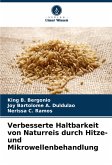
Broschiertes Buch
5. März 2025
Verlag Unser Wissen
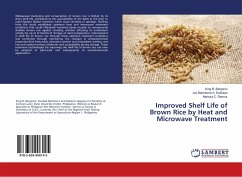
24,99 €
Versandfertig in 6-10 Tagen
Broschiertes Buch
16. Juni 2016
LAP Lambert Academic Publishing
25,99 €
Versandfertig in 1-2 Wochen
Broschiertes Buch
5. März 2025
Ediciones Nuestro Conocimiento
23,99 €
Versandfertig in 6-10 Tagen
Broschiertes Buch
5. März 2025
Edições Nosso Conhecimento
23,99 €
Versandfertig in 6-10 Tagen
Broschiertes Buch
5. März 2025
Editions Notre Savoir
23,99 €
Versandfertig in 6-10 Tagen
Broschiertes Buch
5. März 2025
Wydawnictwo Nasza Wiedza
23,99 €
Versandfertig in 6-10 Tagen
Broschiertes Buch
5. März 2025
Edizioni Sapienza
Ähnliche Artikel
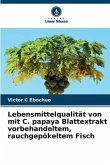
Broschiertes Buch
10. März 2023
Verlag Unser Wissen

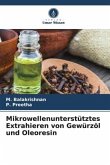
Broschiertes Buch
25. Mai 2022
Verlag Unser Wissen
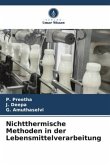
Broschiertes Buch
30. Mai 2022
Verlag Unser Wissen
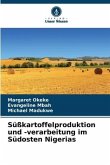
Broschiertes Buch
28. Februar 2023
Verlag Unser Wissen

Broschiertes Buch
Kaninchenfutter unter Hitzebedingungen
13. Februar 2023
Verlag Unser Wissen
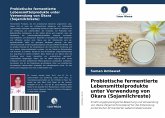
Broschiertes Buch
Ernährungsphysiologische Bewertung und Verwendung von Okara (Sojamilchrückstand) für die Entwicklung probiotischer fermentierter Lebensmittelprodukte
16. Mai 2024
Verlag Unser Wissen

Broschiertes Buch
16. September 2024
Verlag Unser Wissen
Ähnlichkeitssuche: Fact®Finder von OMIKRON
